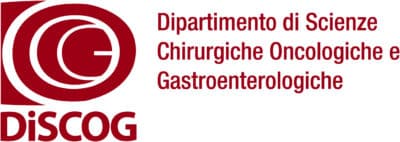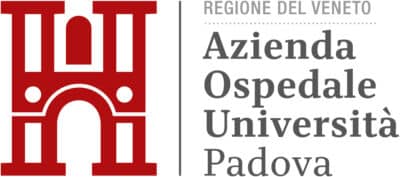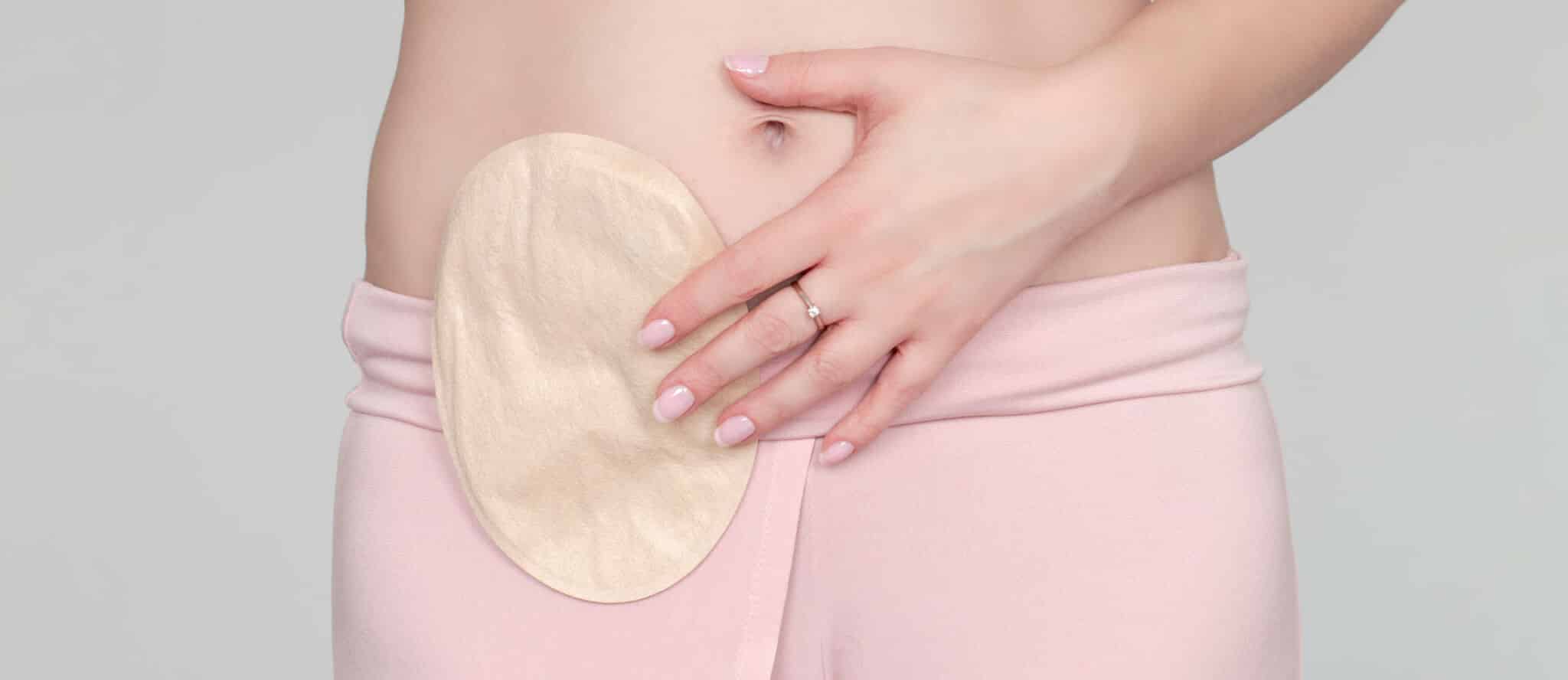

The First-level Short Specialisation Degree in Medical Care for Ostomated and Incontinent Patients prepares stoma care nurses to acquire solid knowledge and competencies on the matter.
In detail, the course deals with training professionals in reading the needs, recognizing and documenting the issues related to underlying diseases, and for diagnostic and therapeutic treatment in the different phases of the disease and patient age groups. The course will deepen all those tasks that help plan, organize, manage and carry out dedicated medical care and rehabilitation activities, within the professional’s competence, independently and as a team, in the different contexts in which healthcare and assistance services are provided (hospitals, clinics, at the patient’s home, etc.). Moreover, it provides the ability to identify the learning needs for ostomy-related and loss of continence treatment purposes, and for planning and carrying out appropriate actions, and adopting and managing effective communication strategies in the care relationship. Lastly, the course will include an in-depth study to promote the integration processes of multi-disciplinary activities, teamwork, sharing and co-responsibility in pursuing the objectives of the individual therapeutic-care-rehabilitation project.
The course units of the First-level Short Specialisation Degree in Medical Care for Ostomated and Incontinent Patients comprise a theoretical section and a practical one, where clinical, psycho-pedagogic, procedural, organizational and rehabilitative aspects dedicated with people with nutritional and/or derivative stoma, or with proctological and pelvic floor diseases that cause urinary and faecal incontinence are developed.
Concerning the theoretical part, there will be lectures by university and/or external professors with specific competencies on the topics covered.
Concerning the traineeship, there will be stages and practice in periods agreed with the Master’s coordinator, at the Ostomy, Colon-Proctology, and Urinary and Faecal Rehabilitation Units of partner Hospitals, under the supervision and guide of a Tutor with specific clinical competencies.
At the end of the training course, students will develop a dissertation topic and the related discussion.
A Stoma Care Nurse should have medical competencies complementary to those acquired during the professional-enabling training path, in order to meet the healthcare needs of ostomated and incontinent patients. Therefore, the Master’s recipients are nurses with a first-level nursing degree, or nurses with a secondary school diploma.
Students will learn how to do specialized nursing tasks in hospitals, clinics, home care services or private care facilities. Furthermore, they will be able to supervise specialist stoma care and pelvic floor (urinary and faecal incontinence) rehabilitation clinics, both private and public. They will be able to carry out training activities (also at university-level), and help update and evolve professional knowledge, with the purpose of maintaining and improving healthcare standards, from a medical, technical and organizational standpoint, thus promoting cohesion and multidisciplinary collaboration in everyday care management and continuity practices.
The First-level Short Specialisation Degree in Medical Care for Ostomated and Incontinent Patients provides training on:
Module 1: STOMA CARE
This module will cover the following topics:
- Epidemiology of intestinal and urinary system diseases that entail surgery, and production of temporary and permanent derivative stomas;
- Type of stomas, colon-rectal and urinary surgery, stoma surgery techniques and stomal pathophysiology, nutritional stomas;
- Nursing care for patients with intestinal or urinary stoma, with specific stoma care nursing aspects;
- Therapeutic education to identify educational needs with therapeutic value, in order to plan standard training and assessment processes for expected performance;
- Nutritional, intestinal and urinary stomas in neonatal and paediatric patients, with insights on the medical, surgical and nursing aspects for stoma care applied to new-borns/children.
- Stomal complex complications: risk factors, epidemiological and causal settings and nursing care.
Module 2: PELVIC FLOOR REHABILITATION
This module will cover the following topics:
- Different forms of faecal and urinary incontinence, divided by mode of manifestation, causes and treatment;
- Treatment of secondary ailments to pelvic floor dysfunctions: rehabilitation treatment, medical treatment, surgical treatment;
- Multi-disciplinary approach, through the integration of different professional competencies, to ensure appropriate, pertinent and effective diagnostic, therapeutic and rehabilitative performances;
- Pelvic floor rehabilitation: approach and different muscle-building methods, diagnostic assessment, clinical manifestations and causes that generated it.
Module 3: RESEARCH METHODOLOGY
This module will cover the following topics:
- Evidence-based medical-care practice;
- What is evidence-based nursing (EBN);
- EBN prerequisites: transforming information needs into clinical questions;
- Searching for the best evidence available in biomedical databases;
- Consulting biomedical literature sources;
- Primary database structure and access methods;
- Bibliography search criteria based on the possible clinical questions;
- Analysis and assessment of the literature available: quality of the study, completeness of data, their applicability to the actual context;
- Research methodology: research in the care sector and planning a research study.
If feasible, the lessons will be grouped on Wednesday and Thursday (9 am – 1 pm and 2-6 pm) and Friday morning (9 am – 1 pm).
Teaching will comprise in-class lessons, problem-solving learning, interactive lessons, role playing, skill station, educational workshops, team projects, self-learning modules.
The general ranking of merit will be published on the Italian page of this Master according to the timing provided in the Call.
Information
FAQ
During the academic year, there will be an overall assessment on all the topics covered by the course, through a test with open and closed questions provided by the professors.
Concerning the theoretical section, a mandatory attendance of 70% is required, while concerning the traineeship, 100% attendance is required.
Yes. Students will be able to schedule the traineeship based on the periods agreed with the tutor, according to their mutual availability.
Lessons will be in-person only. For contingent situations causing the lessons to stop, we would opt for this method, in order to allow training continuity.
No. The traineeship can be done only in the clinics and wards selected, within partner hospitals.

